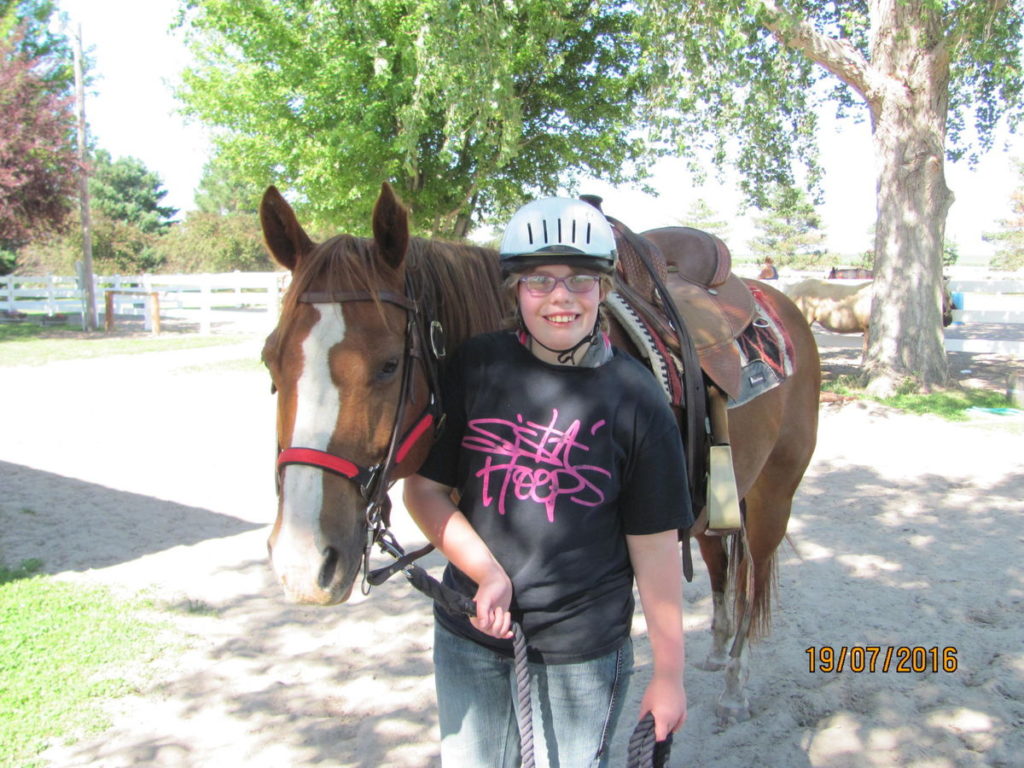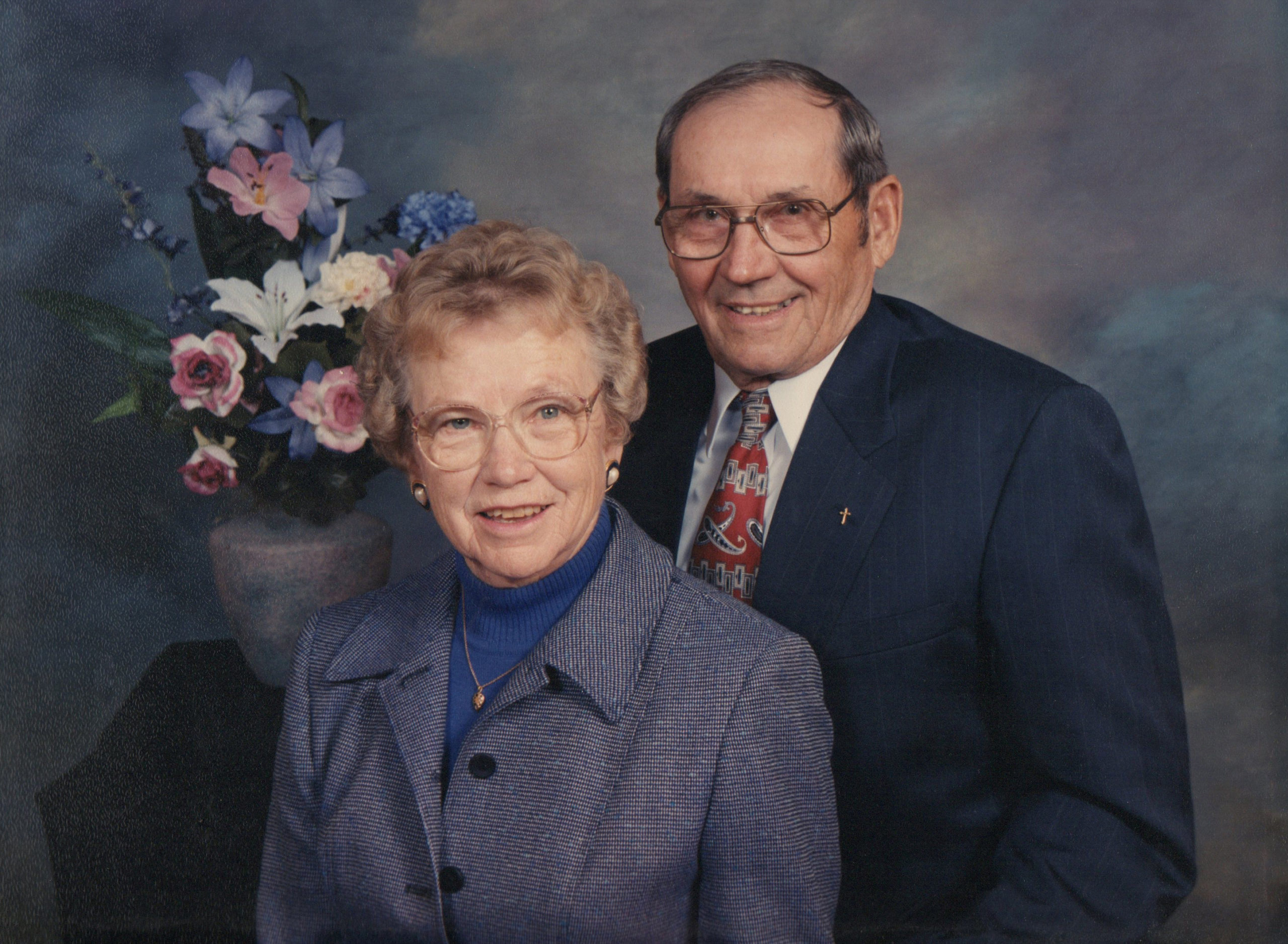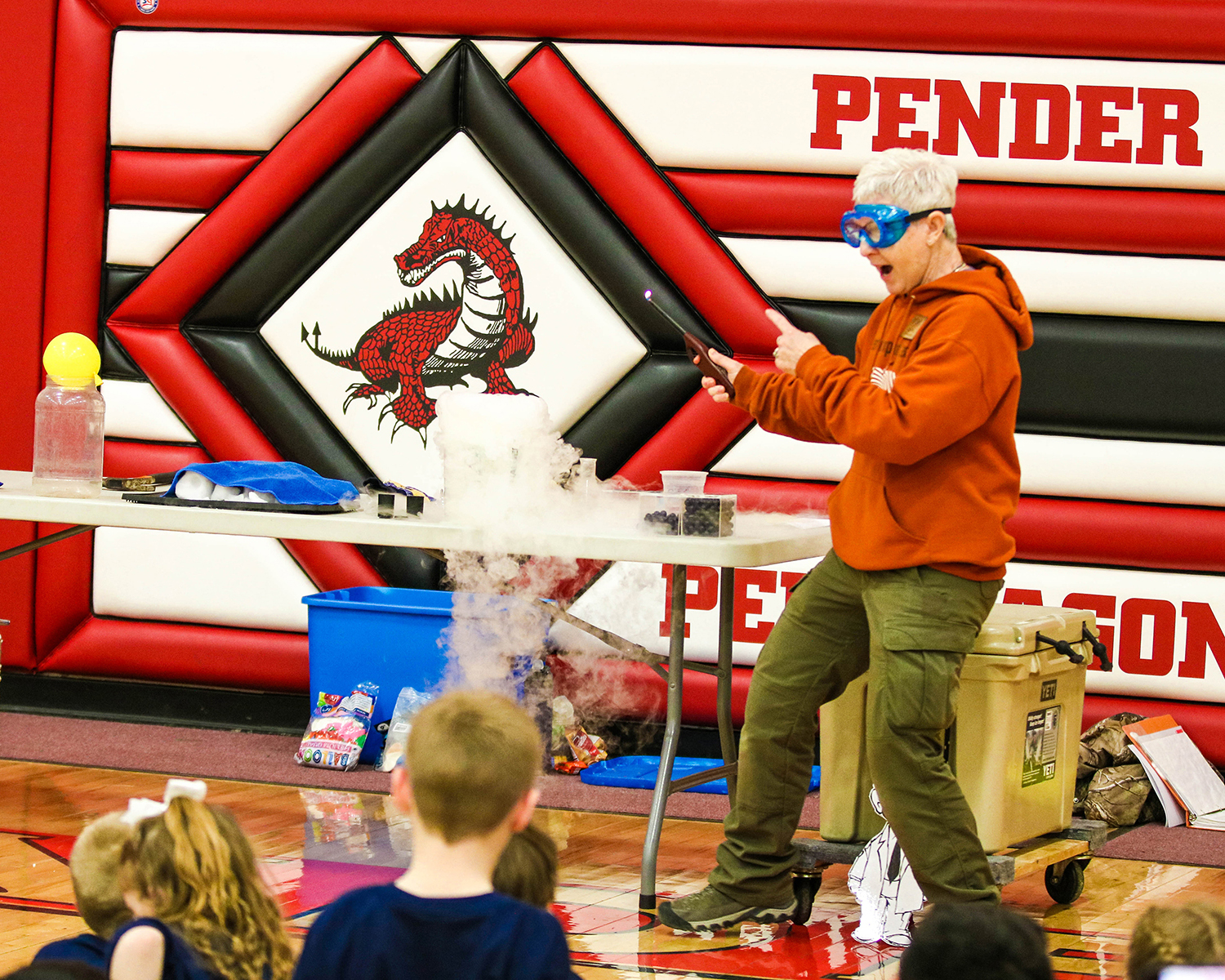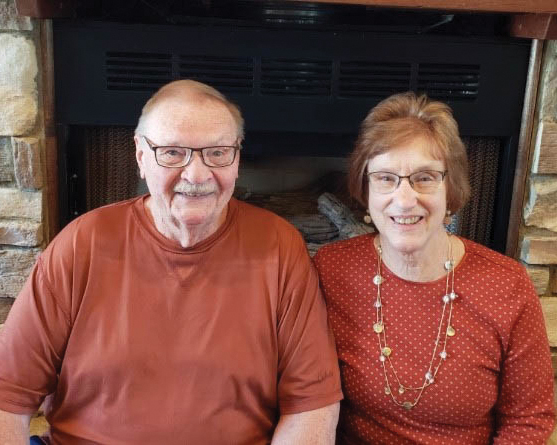
A few miles south of Battle Creek, Nebraska you’ll find a place where miracles, large and small, happen all the time. It’s called S.M.I.L.E. It lives up to its name.
“S.M.I.L.E. is a godsend. You’ll see people of all ages and all different skill levels and abilities. You’ll see students who aren’t capable of doing much at all at first, and then after a time, they improve so much. It’s just grand,” said Kim Mewhirter of Albion.
Twice a week, Mewhirter brings her 12-year-old daughter, Jamie, to S.M.I.L.E., a therapeutic horseback riding program for children and adults with special needs. Jamie has scoliosis of the spine. Learning to ride properly has helped with her posture, because she is reminded to sit up straight. These posture improvements have carried over into her other daily activities. Since the human body movement while riding a horse is very similar to walking, riders with physical disabilities often show increased flexibility, balance and muscle tone.
“We don’t use the word ‘therapy,’” said Patty Prauner, director of the nonprofit that gives lessons to about 135 riders each week. “Riding lessons teach children all sorts of physical and mental skills, and it doesn’t feel like work or an abstract lesson,” Prauner said.
S.M.I.L.E. (Stephanie’s Miracles in Loving Equine) had its start over 25 years ago at Patty and her husband Brad Prauner’s farm, just minutes away from where the program operates today. A cousin had stopped by to visit and brought along her severely physically handicapped daughter, Stephanie. Prauner explained that Stephanie’s elbows and fists were always clenched tight to her chest. Prauner offered to help her do something fun by learning a little about riding a horse. Soon after getting up on to the pony named Blacky, Stephanie’s arms and hands relaxed as she stroked the horse’s neck.
“It felt like a miracle,” Prauner said. “I’m just passing along what I know and love. God does the rest.”
And the “miracles” have continued. Several years ago, by chance, while attending a family reunion, Prauner was encouraged to contact a distant cousin in California. The man had just lost his mother to cancer and was looking for a meaningful way to honor his mom’s life. The result was a major gift that enabled the Prauners to build new covered arenas for prepping the horses and providing lessons.
S.M.I.L.E. also has enjoyed support from the Norfolk Area Community Foundation Fund, an affiliated fund of Nebraska Community Foundation. When you visit the facilities, you’ll find lovely flowering landscapes, tidy places to wait and watch from the porch, and smiles. Lots and lots of smiles. After first learning about the program, NCF staff made the trip to northeast Nebraska to find out what it was all about. We can report without any reservation, this program is all about smiles.
We met an 18-year-old girl named Emilia. It was her first day at S.M.I.L.E.
Emilia was adopted at age six from Romania where she had been in several orphanages and foster homes. She was sensory deprived, and according to her mother, that experience resulted in many developmental challenges. She could become very frightened of familiar objects and often avoided touch.
Moments into her first lesson, Emilia was “dressing” her horse, carefully folding its ears down to allow the bridle to slip into place. Prauner guided Emilia’s hands as she helped place the saddle and tightened the cinch. Then up in the saddle and away she went with Prauner taking the lead.
“I like this mom! This is fun!” she cried out. Mom slowly shook her head in disbelief.
This summer marks the third season Kim Mewhirter’s daughter, Jamie, has been riding at S.M.I.L.E. In addition to scoliosis, Jamie is also diagnosed with Prader-Willi syndrome. PWS is a complex genetic disorder affecting appetite, growth, metabolism, cognitive function and behavior. In addition to these and other developmental problems, people with the disorder suffer from chronic feelings of insatiable hunger and a slowed metabolism that can lead to excessive eating and life-threatening obesity. Those who have PWS often need intervention and strict external controls to maintain normal weight and to help save their lives.
Kim Mewhirter appreciates the worry-free environment where Jamie has gained some independence because there is no food on site. Instead, there is structure that helps kids with conditions like Jamie’s.
“Having a very set routine of brushing the horse, gathering up the equipment, harnessing her horse, and always having the same saddle has a calming effect,” Mewhirter said.
Riding lessons have carried over into lessons Jamie can apply at home or at school. “Her overall decision-making skills have improved,” Mewhirter said. “She’s much more responsible, because she understands consequences. An example is learning to speak with an ‘inside voice’ rather than a loud voice around
her horse, Q. She learned that loud noises and sudden moves frightened the horses. Her speaking behaviors in school have improved dramatically.”
Mewhirter said now that Jamie is in middle school she is facing increased social challenges. She loves her horse because she knows Q will always be kind, and there is no chance of hearing any mean words spoken when she is riding her horse at S.M.I.L.E.
“As a mom, having S.M.I.L.E. twice a week gives me a break. It is so good to see her working with other people. I don’t get to really see that when she’s at school. I see her doing her best, with a smile on her face, and that’s really something for a mom!
“It’s just a good time, and I’m always ready to go twice a week! Every day at S.M.I.L.E. is a great day, and the people who work and volunteer there are all great people!” Mewhirter said.
Patty Prauner agrees. “It’s awesome to watch the young people you’ve trained, and to see them really demonstrating everything they have learned. It’s not always easy to find a young person with the passion and the patience required to help someone else.”
Generally, volunteers are about 14 years old when they start as trainees; many have the goal of becoming a regular instructor. Currently, S.M.I.L.E. has five paid instructors. Prauner also works as an instructor, but on a volunteer basis. She said it took several years before she felt comfortable enough to step aside and not be present at all times.
The program has a pool of about 30-40 volunteers who help with various chores. Currently there are about 12 working regularly. Many go on to work or study in the medical field, especially physical, occupational or behavioral therapy.
Riding season lasts from May to September, and draws children and adults with disabilities from 36 communities, some two hours or more away. Prauner has a working herd of 17 horses, which requires significant time and expense to train and maintain.
“The herd is getting older, so we’re looking for horses that are 8-10 years old to replace the older ones. But the price of horses is skyrocketing,” Prauner said.
S.M.I.L.E., however, continues to keep fees for lessons far below what it costs to provide them and far below what similar programs near larger cities charge.
“Every rider at S.M.I.L.E. is on scholarship. If families prepay, the cost is $16 dollars per lesson, or $20 if they do not prepay for a set number of lessons. If it were not for donations from service groups and individuals, the families could not possibly afford the lessons,” said Prauner.
In August 2017, Patty Prauner will be 67 years old. She spent her younger adult years as a farmer’s wife raising four children. Today, her husband, Brad, sells livestock supplies. When asked how her husband viewed her avocation early on, she said, “I told him that I supported him in his nonprofit farming venture for so many years, now he could support mine!” Prauner said with a laugh.
Prauner, who is usually quick to respond with a smile in her voice, paused when asked, “What’s next?”
“I don’t think God would have built S.M.I.L.E. to the point it is today if the plan was to just let it die when I die. My children and the board of directors know what this means, not just to me, but to the families. I’ll continue on as long as I can, being everything from pooper scooper to CEO.
“The hardest thing to do is to raise dollars. When I first started, I went door to door selling raffle tickets to raise money. I used my own horse. I’m not one that likes to be in the public eye, but I knew that I had to get out of my shell and just ask.
“Now, I don’t solicit directly as much. Different service organizations like the Kiwanis, Knights of Columbus, and the Lions have been very supportive. We’ve gotten some grants. And there are individuals who have let me know, if we were ever in real need, they’d help.
“God’s got my back… but if I need to, I’ll be banging on doors again,” said Preuner.
“S.M.I.L.E. somehow works to get the best out of the kids. Too often children with special needs are not challenged enough. And every kid wants to be challenged to some degree. I could have never dreamt of the miracles I see every day. Children talking, walking, having fun and making their parents, teachers and doctors take back what they’ve said and thought about these kids. The joy of watching this for 26 years still gets me excited. I get goosebumps.
“Doing this work makes you see that you can’t compare the dollars you make to the joy of learning to serve. The talented and dedicated staff I have makes me think that God is continuing to send me people to help,” Patty Prauner said — with a smile.



